Will Toyota be Crowned 2022 Smog Kings of Mediocrity?
Seems like Toyota, the hybrid hero, wasn’t paying attention to what happened with Volkswagen just a few years ago. Get ready for the mighty to fall spectacularly from grace…
This report is an hilariously uplifting story about Toyota and its associate brands shooting themselves in the tailpipe on emissions, mainly because they weren’t paying attention to Volkswagen.
Don’t you love it when some unethical scumbag carmaker decides to poison the very air you breathe?
About two and a half years ago, just 23 sleeps before Christmas in 2020 (roughly COVID’s first birthday, the ACCC spent a rare full day awake to held Toyota over the Bunsen burner owing to spectacularly anti-consumer conduct orbiting the worst DPF design ever, on the 2.8 diesel shitbox engine in Prado, Hilux and Fortuner.
Oh what a feeling. Kinda puts all of Toyota’s hybrid rhetoric in perspective. But it was rather nice of the corporate watchdog to remain conscious for long enough to get all that done, and issue the press release.
It was a perfectly sunny Melbourne day before one of those 2.8 diesel Hiluxes showed up.
Then, just the other day, the class action result came in, here in Australia, and declared once again, impartially, objectively, that Toyota were in fact profoundly anti-consumer in their behaviour. Those pesky facts. And the compensation bill is likely to be a lazy $2 billion Australian.
I’d love to be in on the Zoom calls back to Japan in respect of that. Unhappy, I’d hazard a guess. Full report on the $2B class action here >>
My AutoExpert AFFORDABLE ROADSIDE ASSISTANCE PACKAGE
If you’re sick of paying through the neck for roadside assistance I’ve teamed up with 24/7 to offer AutoExpert readers nationwide roadside assistance from just $69 annually, plus there’s NO JOINING FEE
Full details here >>
AutoExpert DISCOUNT OLIGHT TORCHES
These flashlights are awesome. I carry the Olight Warrior Mini 2 every day - it’s tiny, robust, and super useful in the field or in the workshop. Olight is a terrific supporter of AutoExpert.
Use the code AEJC to get a 12% discount >>
A CORPORATE CLUSTER-TRUCK
Now, in March 2022, Hino - Toyota’s trucking subsidiary - suspended the sale of five truck and bus models in Japan after admitting to emissions “misconduct”.
Misconduct. Rolls of the tongue better than ‘inhuman cancer spreaders’, doesn’t it?
Apparently filthy, senior executive emissions cheats at Hino have admitted to falsifying data (I think they really mean ‘lying’) in official emissions durability tests. Perhaps they’re not lying. Perhaps they are just falsifying data. There could be a distinction there, which we can’t appreciate.
Makes it hard to believe Toyota’s environment hype, doesn’t it?
Presumably they went all ‘weapons grade’ in the domain of data falsification because, provided you don’t get caught, cheating really is the easiest way to comply with legislation of this nature. Especially if nobody checks.
Predictably enough, the company has blamed “internal pressures” for its untrustworthy, lying, cheating scumbag behaviour. (Correction: Its data falsification compliance program.) They didn’t set out to cut corners, they just couldn’t handle the pressure. Always the way, blaming something else.
This is straight from the corporate sociopath playbook, in my view. They’ve launched an internal investigation. Which is a conflict of interest, right there, in my view.
This is a kind of corporate double-speak about the fact that their catalytic converter was dodgy the first time around, and rather than fix the issue, they just snuck in a new one, quietly, carried on, and declared the test a ‘pass’ with flying colours, under their high-pressure data falsification program.
At the risk of seeming slightly churlish, which I clearly strive to avoid wherever possible, it seems like the same R&D philosophy is in play here, as it was for the 2.8 Hilux DPFs. Go figure. I guess consistency is key, when you’re in the court of the King of Mediocrity.
No kidding, Hino. Is that really how this works?
You know they’ve been caught out when they basically stoop to admitting it.
For a company as deeply sociopathic as Toyota, admitting to what they’ve done is getting extremely desperate. Their style, typically, is exemplified in the company’s conduct in the ‘ultimate dodgy DPF 2.8 saga’ - where they simply refrain from comment, and pretend it’s all good - for months to years if necessary.
Admitting it, this early, is bad. Once you admit it, it’s basically all over. All you can do is spin up the bullshit generator and minimise the fallout.
And just to be clear, this is not the same kind of emissions cheating allegation as levelled against Mitsubishi. They’re two very different legal and technical scenarios, where Mitsubishi has, basically, been legally required to break the law. Potentially. Allegedly.
GETTING AWAY WITH EMISSION-DERIVED MANSLAUGHTER
When ordinary people do the wrong thing in the street, in public, the long arm of the law pulls us into line and we get punished.
But corporate monoliths with armies of engineers, technicians, specialists, advisers, middle management, board members and, of course, lawyers - they receive different treatment. At least they expect it:
Not only that. In addition to newfound compliance commitment, they’ve already begun improving their internal governance system, according to them. (Not hard, given how seemingly broken it was, recently. The pressure just collapsed the governance balloon. Sounds like ‘not my fault’ blame sharing.
On balance, they want all to be forgiven, those disingenuous Hino corporate spin doctors. What a pity they didn’t just make the right choice to fix the catalytic converter’s defects by redesigning it, immediately. All of this unpleasantness, and the pollution, could have been avoided.
Imagine if you walk into a bank wearing a ski mask and brandishing an AK-47, and drive out with a duffel bag full of fifties.
In your mind, you’ve simply made a withdrawal. Admittedly, you’ve cut a few procedural corners. But, hey, you've been under a lot of pressure.
And then a few hundred metres down the road, you get caught by the cops.
It’s too hard to talk your way out of the situation, so you admit you did it, citing internal pressure to make money quickly, owing to the rising cost of living.
Regular law-breakers get done and punished in a proportional manner. Will Toyota & Hino get the same?
So you tell investigating officers, and the public, that you’ve thought carefully about your actions and you’re now committed to putting compliance first, henceforth, and during the interrogation you’ve already begun working on strategies for improving your behavioural governance, going forward. You promise not to rob any more banks.
Do you get to shake hands and walk outta there with a warning? Obviously you want to keep it professional. This is exactly how it is for corporations.
Apparently the US Department of Justice has launched its own investigation into Hino’s emissions conduct, and I suppose if history repeats Hino could find itself on the books as a convicted felon in the USA. Perhaps it could share a cell with Volkswagen.
I reckon Volkswagen would get the top bunk.
Goodness me, sounds a lot like Dieselgate 2.0, don’t you think? Eurojust, which would be like the FBI if the EU were the United States, also served warrants on Suzuki’s offices in Hungary and Italy, in late April. That must have been unpleasant.
Now, you might not know this, but Suzuki is quietly sleeping with Toyota, in the corporate sense. It’s been going on for about six years now.
The reason this pair is holding hands is because of India, where Suzuki owns about 45 per cent of the burgeoning car market. Toyota obviously wants a slice of that because it is stuck with a measly sub- five per cent share. In India, Hyundai sells over three times more vehicles than Toyota.
Proportionality-wise, it’s the inverse of the market segmentation here in Australia, although the volumes are much higher because of the one billion in population.
So, Toyota and Suzuki made an agreement and took a chunk of each other’s shares. Toyota owns roughly five per cent of Suzuki, and Suzuki got bugger-all of Toyota’s shares (about 0.2 per cent). A metric bugger-all.
They get to re-badge each-other’s cars, and Toyota shares its mediocre hybrid tech with Suzuki in India. So, Toyota is, in a sense, tenuously linked to this alleged cheating emanating from Europe. Who knows where this will all go. Only time will tell.
These Eurojust raids are a ‘smoke and fire’ situation with the highest possibility of flames, in my view. See, law enforcement agencies typically don’t conduct high-profile raids and issue press releases about them unless it’s more or less a done deal:
It seems a new strain of emissions cheating is about to engulf the world, with Toyota leading the charge, perhaps, via the twin mechanisms of R&D inadequacy and wilful intent to cheat.
Two obvious points before I let you go:
First, did Hino, Suzuki, Toyota (whatever) not take notice following the highly publicised Volkswagen Dieselgate scandal over the past seven years? Did they not see or hear about the billions in fines and civil penalties, and the senior executives who went to jail? Did they not understand and decide to double-check that they were strictly complying?
Did they not expect increased emissions compliance scrutiny in the years ahead?
What sort of preposterously conceited and yet ignorant management culture do you have to have to presume you’re too smart to get caught? As Dunning-Kruger cases go, this one is off the chart.
Second: Emissions regulations are really human health regulations. Toxic pollution from cars and trucks kills more people prematurely than road trauma, especially in our cities. That’s just a scientific fact. You don’t have to like it.
Therefore, when a carmaker decides to cheat its emissions compliance, that carmaker is putting its profit in front of your life and the lives of the people you love. The carmaker has made a choice - to roll the dice with your premature death in order to keep those rivers of revenue in. Because it has obligations to its stakeholders, and the average carmaker boardroom is a giant magnet beside moral compasses.
To me, this second point indelibly paints Volkswagen, Audi, Skoda, Porsche, Toyota, Hino and Suzuki in a whole new, and profoundly inhuman, light. You don’t have to like that, either, if you are the owner of some morally relativistic emissions cheating shitbox brand.
I can already feel the mouth-breathing opprobrium welling up from committed Toyota and VW owners surging. How dare I criticise their cult. Their contribution to my inbox could well be more entertaining than this report.






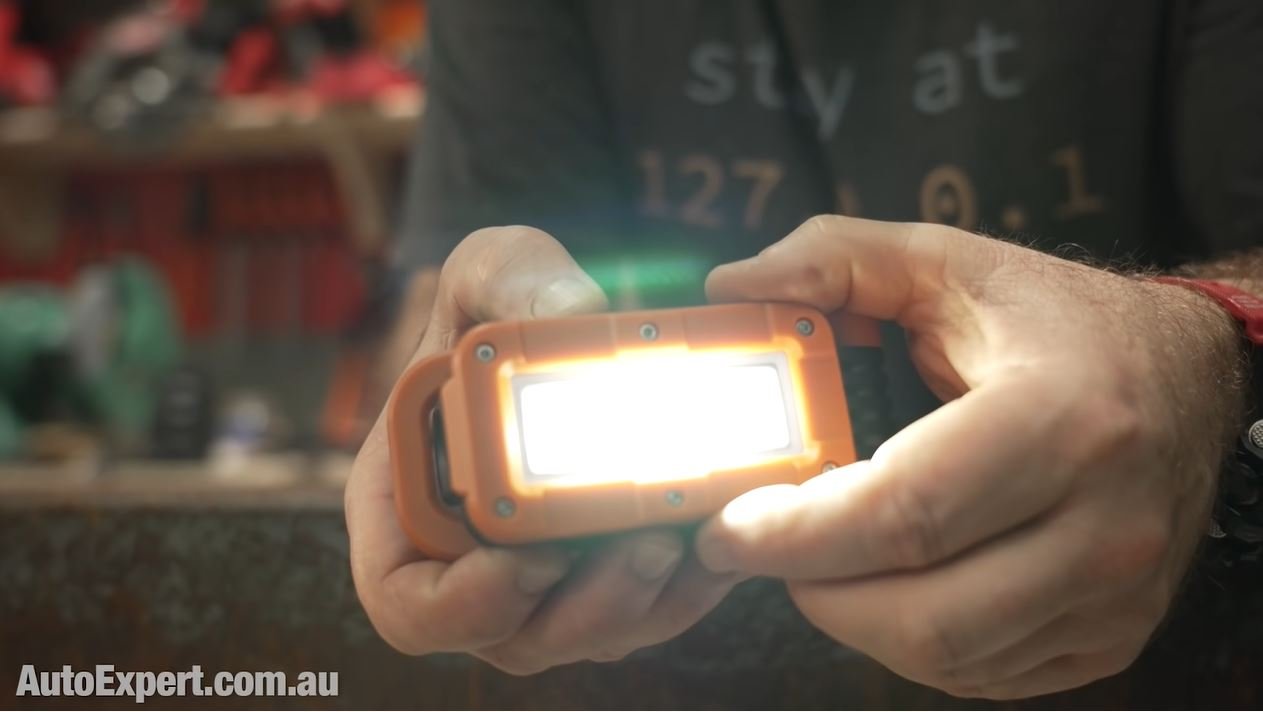
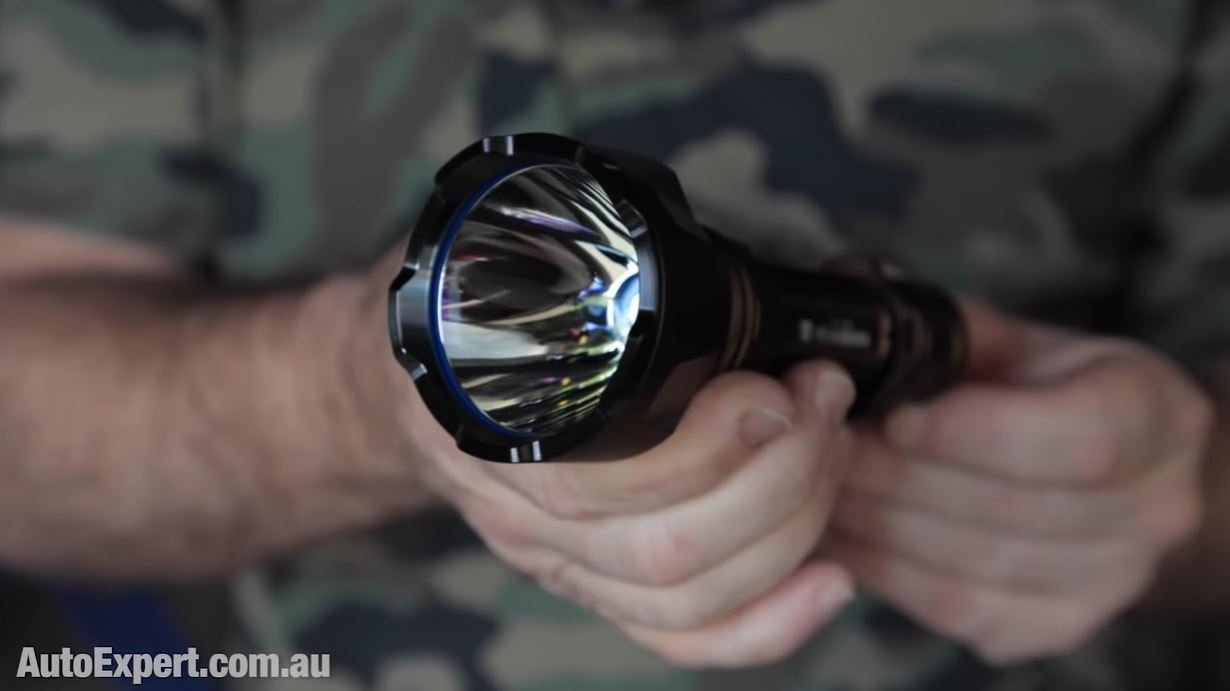
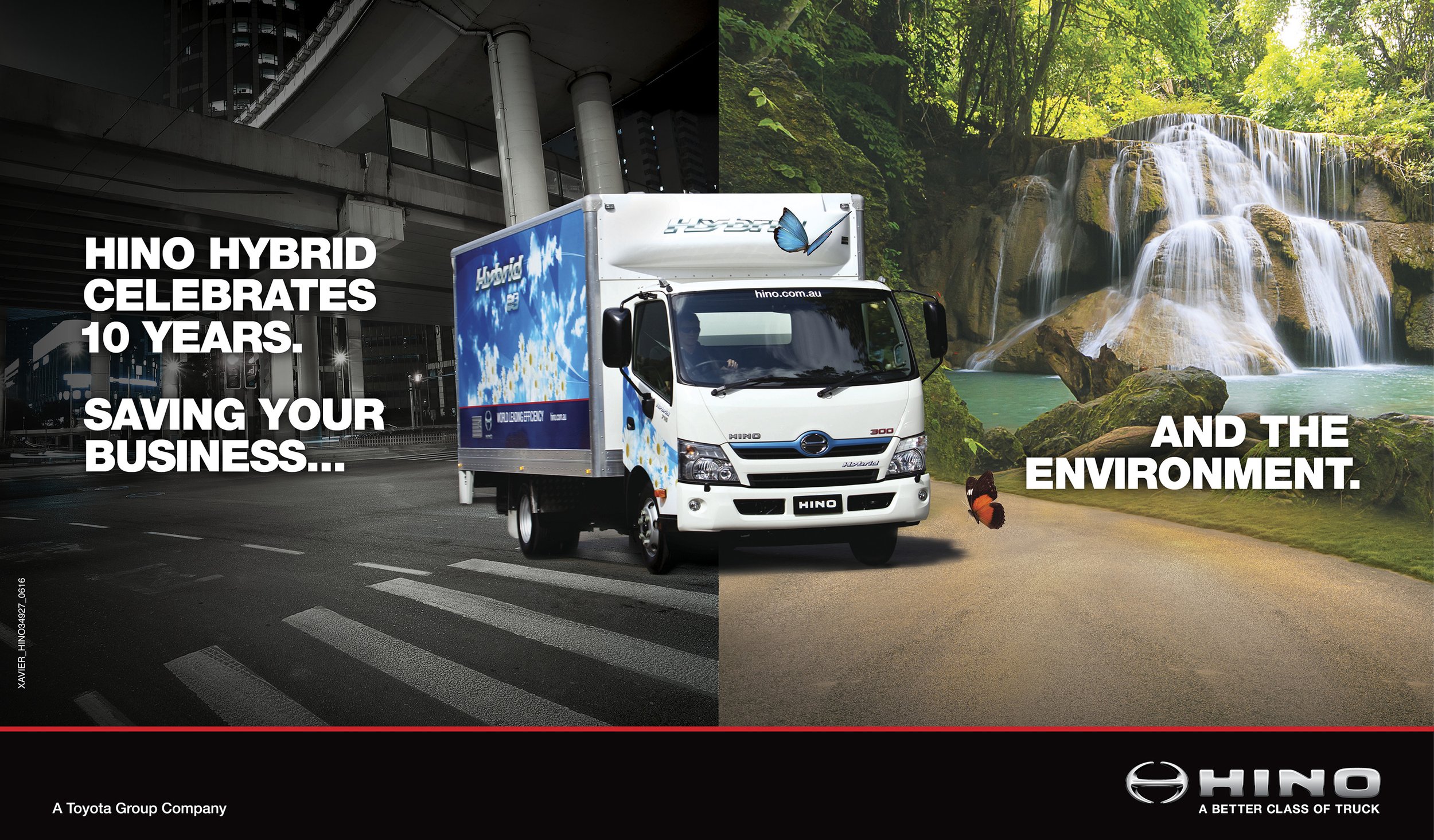
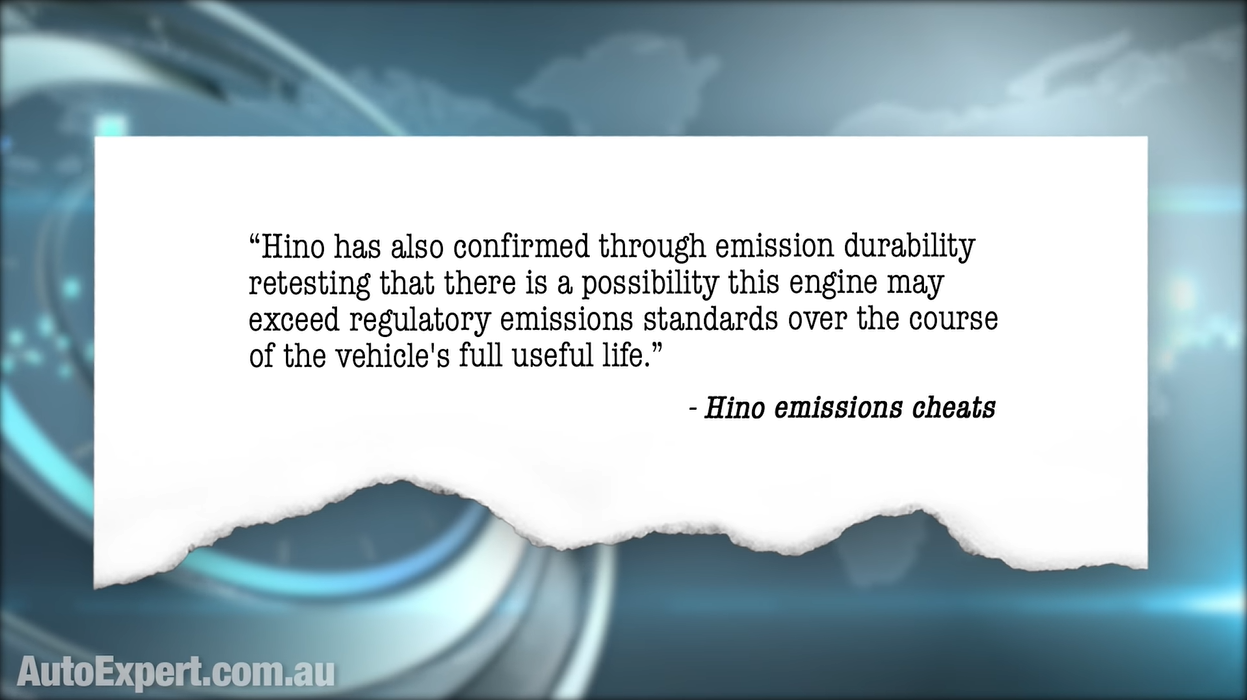






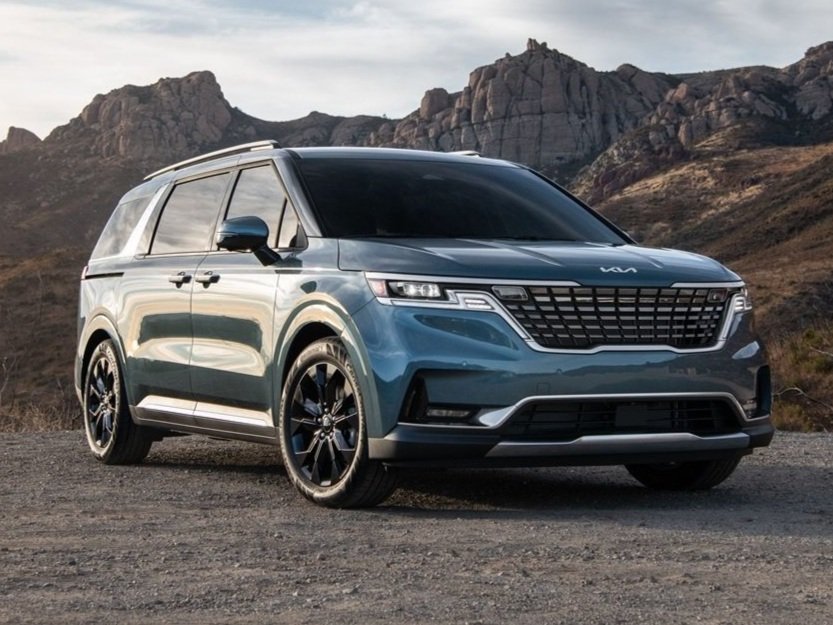


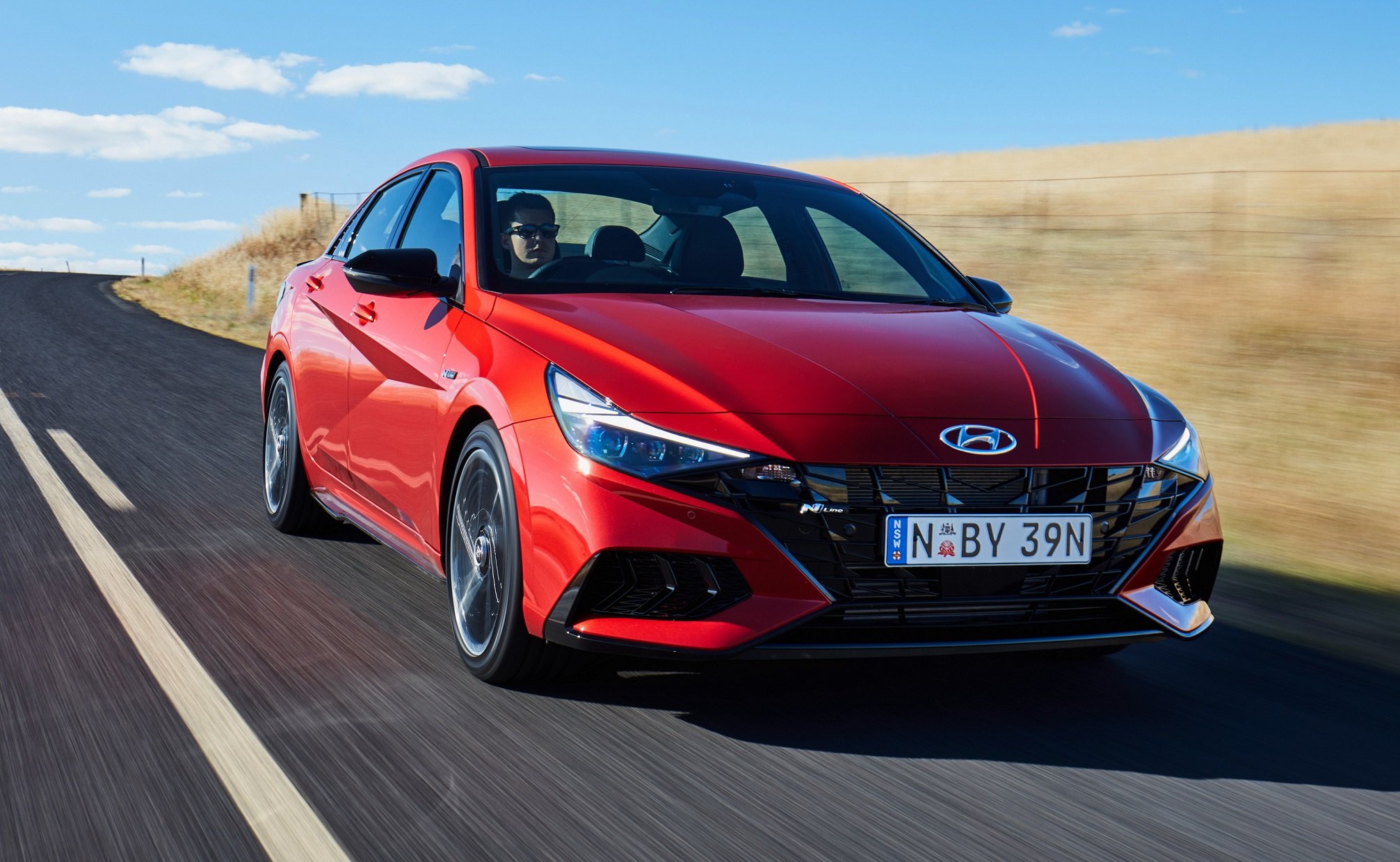
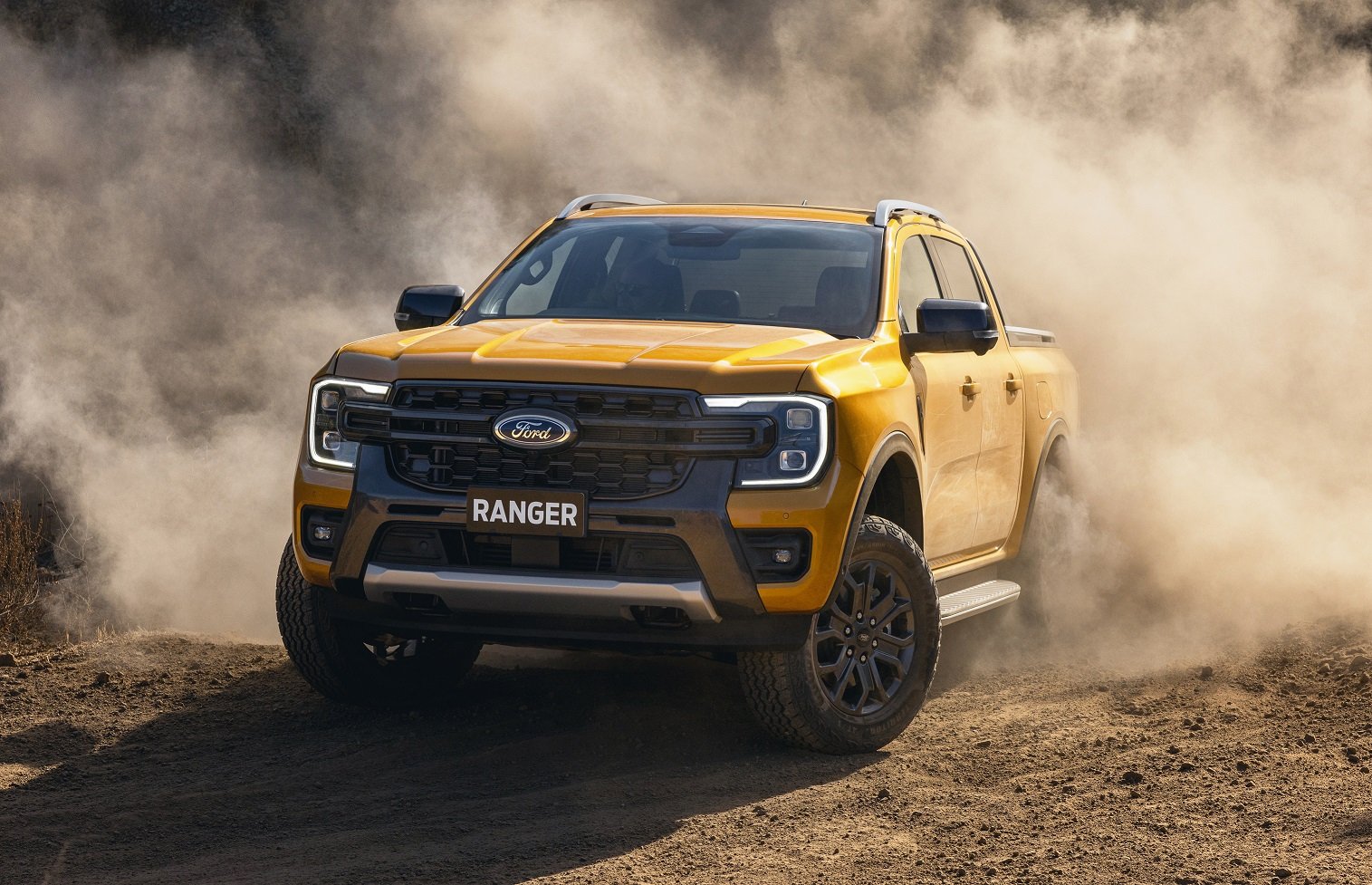

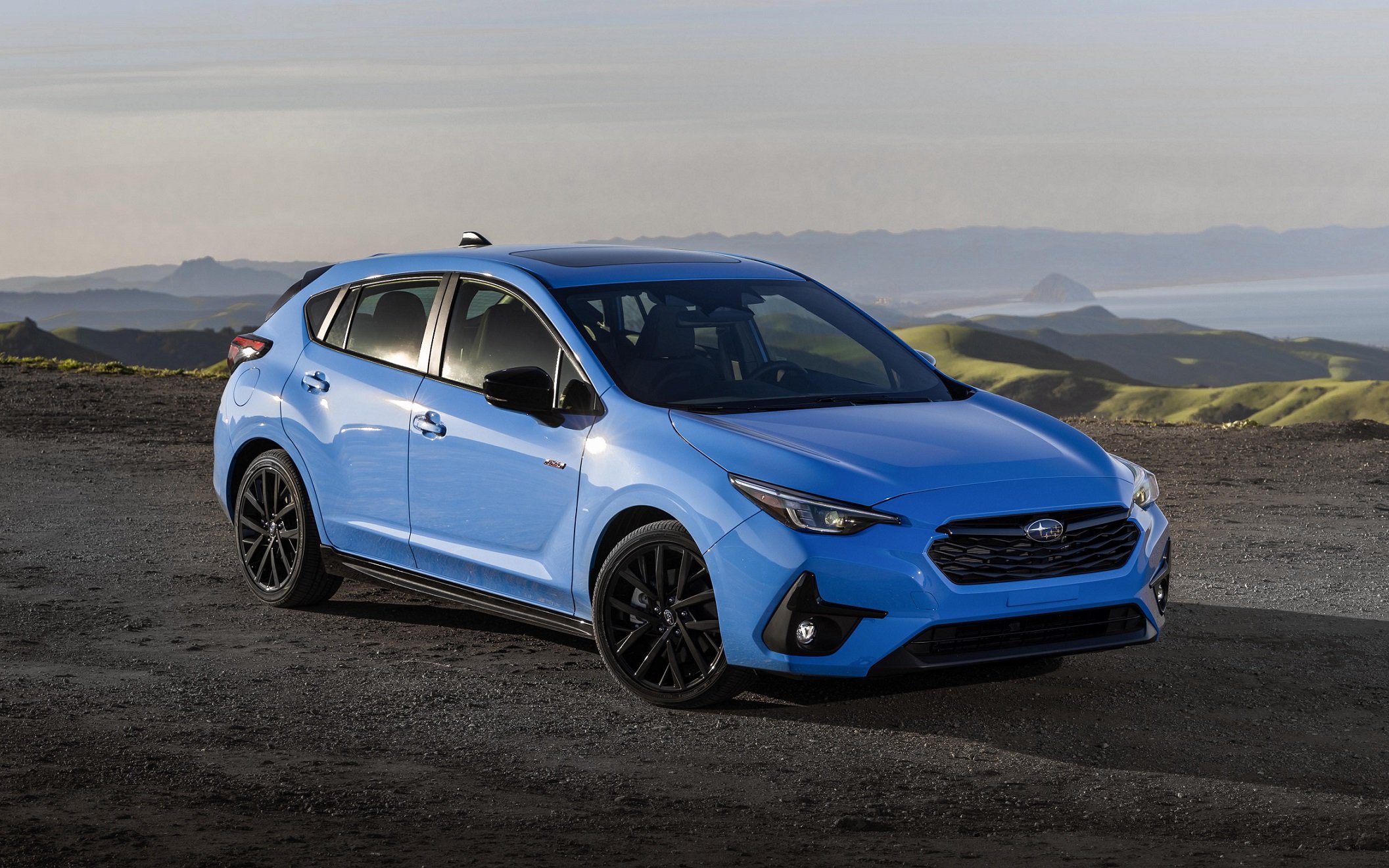
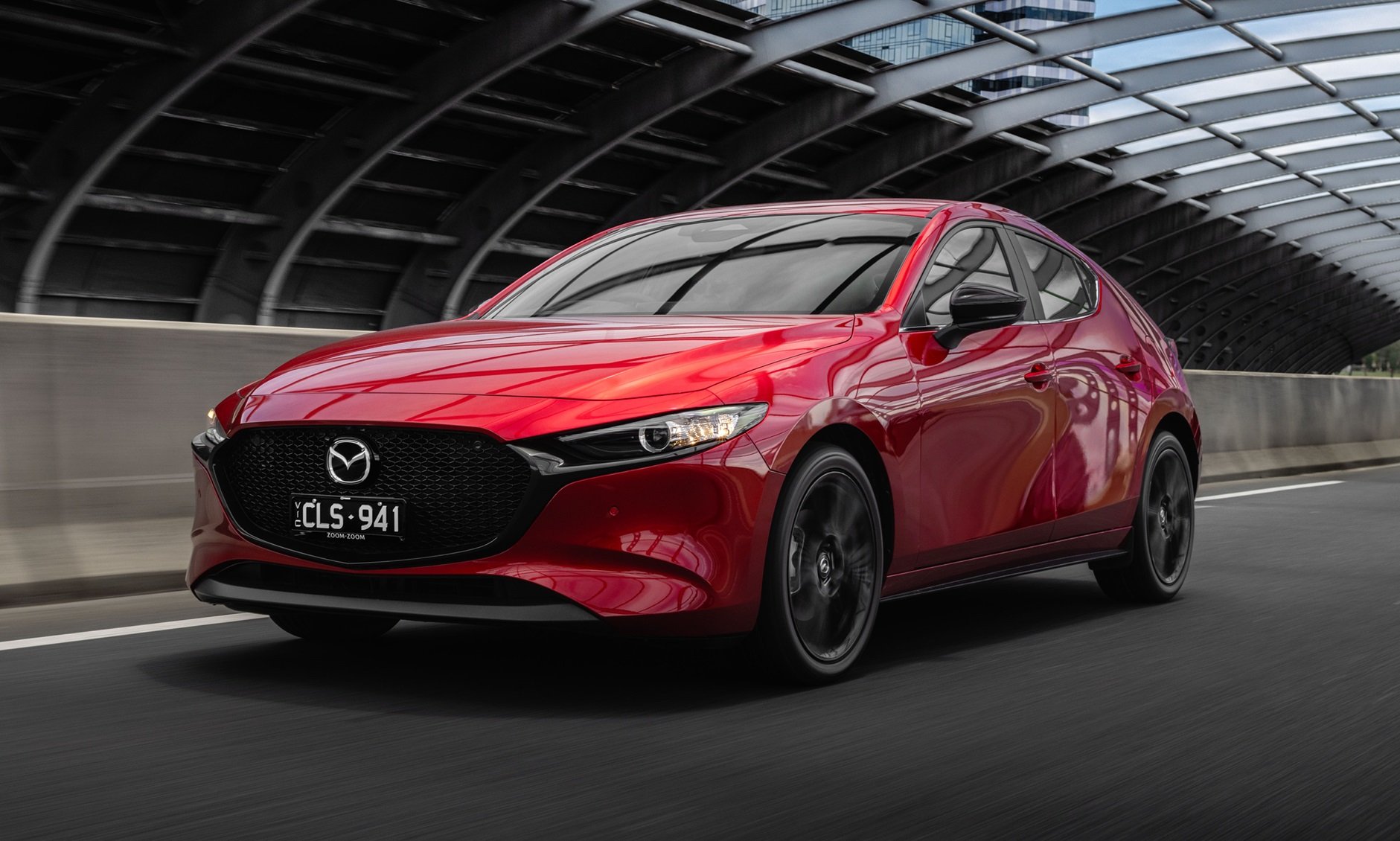


Pajero Sport is an excellent value off-roader if you need a 4WD with a reliable diesel engine, good fuel economy and enough towing power. This tough 7-seater is a wise choice for adventurous families.